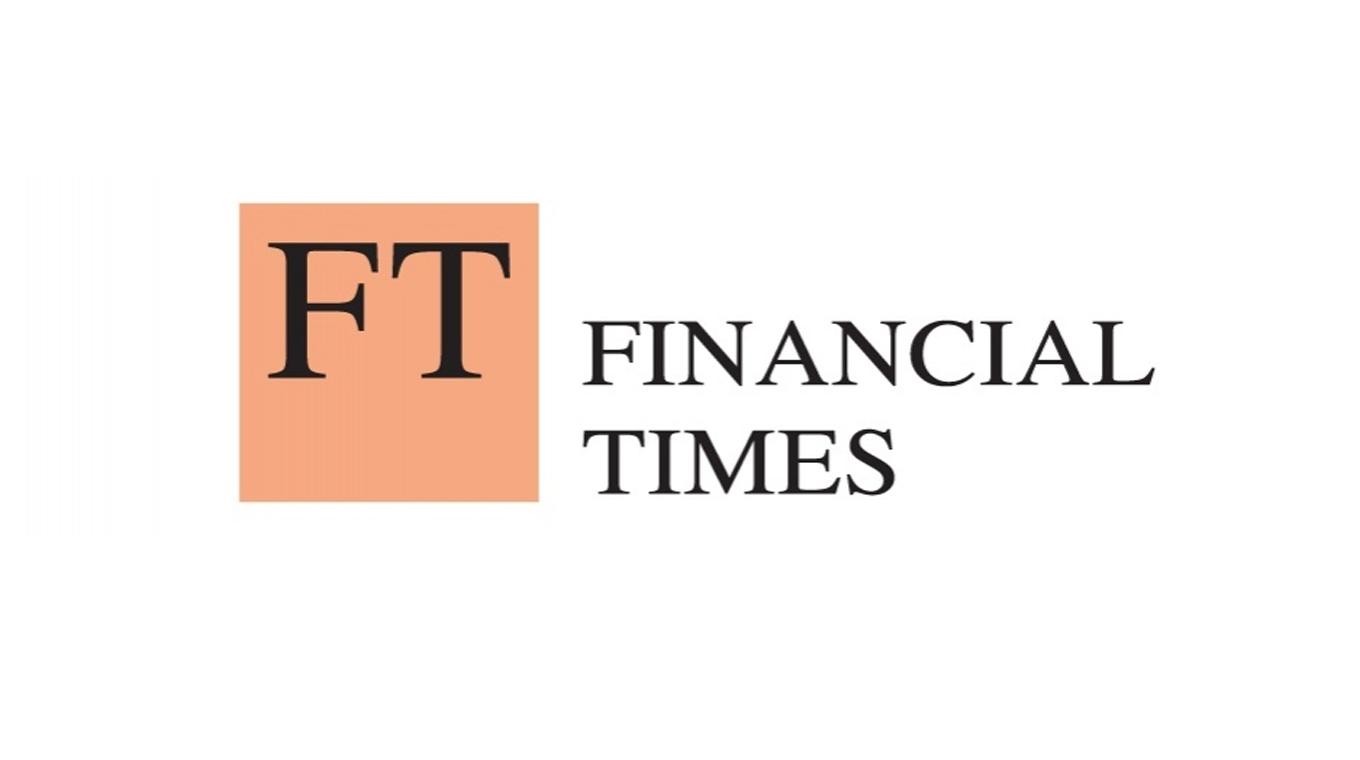Why Choose Us?
Useful Links
In This Section
- Player/athlete contracts
- Player breaches
- Manager contracts
- Club contracts
- Club breaches
- Agent representation agreements
- Kit and sportswear disputes
- Intellectual Property disputes
- Commission disputes
- HMRC issues
- Licensing, media and broadcasting
- Regulatory and governance issues
- Sports marketing
- Central contracts in cricket
Training Agreements
Blackstone Solicitors provides comprehensive legal advice on matters relating to training agreements.
While a handshake agreement might seem sufficient, relying solely on verbal understandings can be risky. A formal training agreement offers several advantages for both the horse owner (client) and the trainer:
- Clarity and Certainty: A written contract clearly outlines the terms of the training program, leaving no room for ambiguity or future disagreements. This includes details like the training goals, the duration of the program, and the specific methods employed by the trainer.
- Protection for Both Parties: The contract protects both the client and the trainer. For the client, it ensures their horse receives the training specified in the agreement and outlines the trainer’s responsibilities regarding the horse’s care and welfare. For the trainer, it protects them from claims of negligence and ensures they receive agreed-upon payment for their services.
- Risk Mitigation: A well-drafted agreement can help mitigate potential risks. This may involve outlining procedures for veterinary care in case of illness or injury, liability for accidents, and protocols for handling unforeseen circumstances.
- Dispute Resolution: Should a dispute arise during the training period, the agreement provides a clear framework for resolving the issue. The contract may specify steps for addressing concerns or outline the preferred method for resolving disputes, such as mediation or arbitration.
We can provide all of the expert legal assistance you need and have considerable experience in this area of law and can advise you throughout the process.
Speak to our expert equine law solicitors today to find out more about how we can assist you. Call us on 0330 808 0849 or allow us to call you back by completing our online enquiry form.
Our Approach
We place huge emphasis on getting things done properly and efficiently. This is especially true when providing legal advice concerning training agreements and contracts.
Equine law is a specialised area of law that encompasses a wide range of legal issues relating to horses. It applies to all aspects of horse ownership, breeding, competition, and the equine industry as a whole. At Blackstone Solicitors, our team understands the unique challenges faced by horse owners, breeders, riders, and equine professionals across England and Wales.
![]()
“Experts with empathy. We couldn’t have succeeded without their expertise and prompt action at every step of the way, and in the face of an aggressive opponent that was exactly what was needed to succeed and save my 79 year old dad from having his home possessed. Very grateful to the team who worked on our case: Natalie, Wesley and CEO Emma. Would not hesitate working with Blackstone again. Our heartfelt thanks.”
– Lisa 
Why Legal Help is Important
A comprehensive horse training agreement should typically address the following points:
- Parties Involved: This includes the full names and addresses of both the client and the trainer.
- Horse Identification: Clearly identify the horse with its registered name, breed, age, sex, and passport number. Attaching a copy of the horse’s passport to the agreement is recommended.
- Training Goals: Clearly outline the specific goals of the training program. This may involve improving the horse’s performance in a particular discipline (e.g., dressage, jumping), addressing behavioural issues, or developing its general riding suitability.
- Training Duration: Specify the duration of the training program This can be a fixed period (e.g., four weeks) or an ongoing arrangement with a specified notice period for termination.
- Training Methods: The agreement should outline the training methods the trainer intends to use. This information helps the client understand the trainer’s approach and ensures it aligns with their expectations.
- Horse Care and Welfare: The agreement should address the trainer’s responsibilities regarding the horse’s daily care and welfare. This may include details on feeding, exercise routines, turnout schedules, and basic grooming practices.
- Veterinary Care: The agreement should address protocols for veterinary care in case of illness or injury. This may involve specifying who is responsible for choosing a veterinarian, approving treatment plans, and covering associated costs. Emergency veterinary care procedures may also be addressed.
- Client Access and Communication: The agreement should outline the client’s access to their horse during the training program. This may involve specifying visitation rights and communication protocols with the trainer regarding the horse’s progress.
- Fees and Payment: Clearly state the fees associated with the training program. The agreement should outline the payment schedule (e.g., upfront payment, instalments), accepted payment methods, and any late payment penalties.
- Liability: The agreement should address liability in cases of accidents, injuries, or damage to the horse during the training period. This may involve outlining the trainer’s insurance coverage and any limitations on their liability. The client’s responsibility for ensuring their horse is adequately insured may also be addressed.
- Termination Clause: The agreement should specify the notice period required by either party to terminate the training arrangement. This protects both the client and the trainer from unexpected changes and allows for an orderly transition if necessary.
- Dispute Resolution: The agreement should outline the preferred method for resolving any disputes arising from the training program. This could involve mediation, arbitration, or litigation.
While a handshake agreement might have sufficed in the past, the equine industry today demands a more formalised approach. Equine law is a specialised area that deals with a wide range of legal issues specific to horses. At Blackstone Solicitors, our team in England and Wales understands the unique challenges faced by horse owners, breeders, riders, and equine professionals.
At Blackstone, we can help to give you the very best chance of achieving the outcome you are looking for. Equine law can often be complex, and it is therefore imperative that you seek expert legal help to ensure any contract you sign, is suitable and correct.
Our Services
We provide various services for horse owners and those involved in the equine industry including advising on commercial agreements and making sure everything is completed thoroughly and without error and is in your best interests.
We can also advise on the following areas:
- Horse sale and purchase agreements
- Horse loan agreements
- Horse ownership agreements
- Livery agreements and contracts
- Grazing agreements
- Training agreements
- Trade and private seller sale and purchase disputes
- Agency disputes
- Litigation
- Veterinary disputes
- Insurance claims and disputes
- Supplier disputes
- Equestrian partnership disputes
- Ownership/Co-ownership disputes
- Veterinary negligence
- Farrier negligence
- Trainer/rider negligence claims
- Equestrian business sales
- Equestrian property sales
Get in Touch
Find out more about our services and how our equine law specialists can help you and your by getting in touch today. Simply call us on 0330 808 0849 or complete our online enquiry form and a member of the team will call you back at a convenient time.
We are able to help individuals throughout the North West, the rest of the UK as well as internationally from our offices in Cheshire and London.














